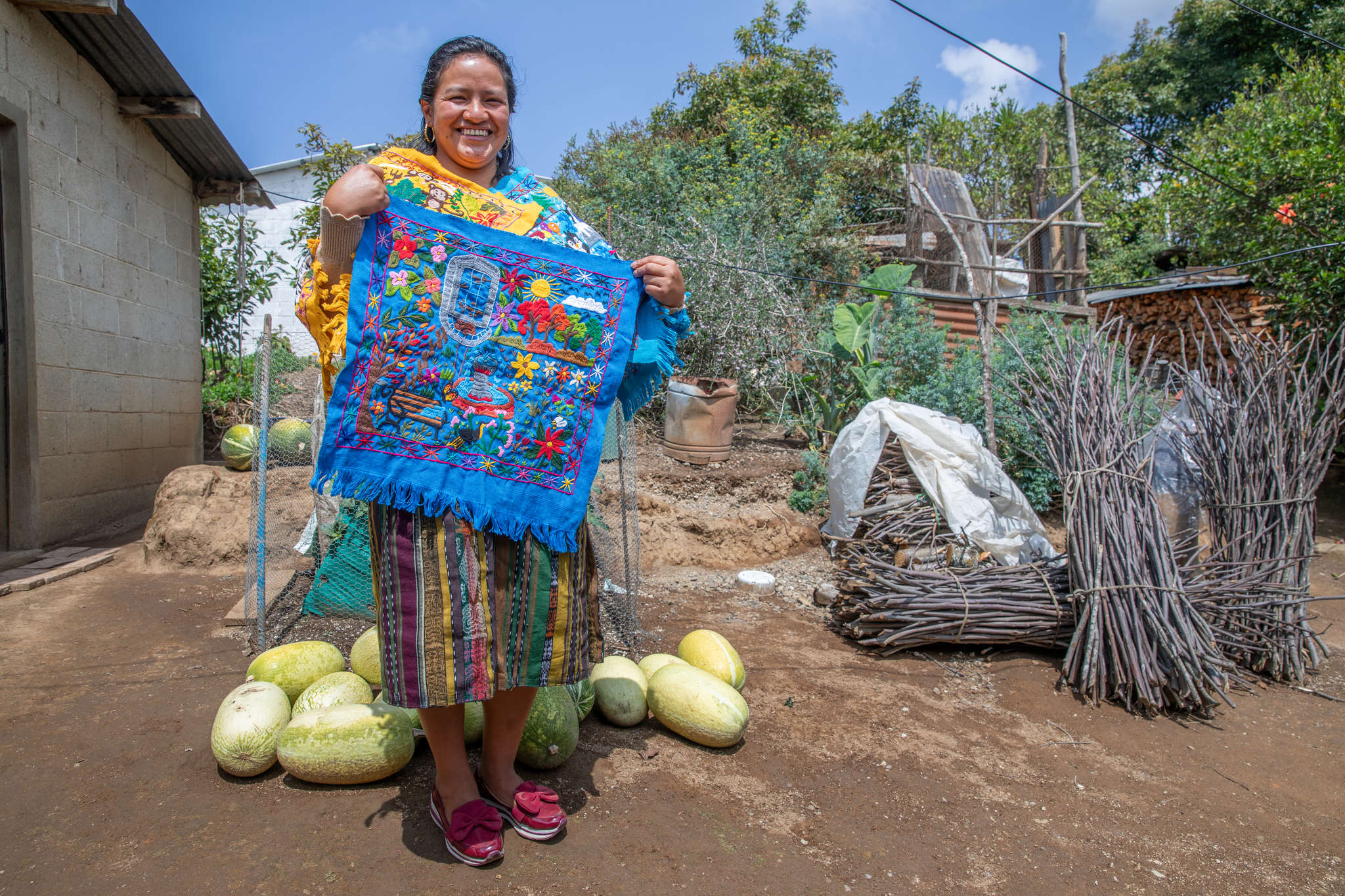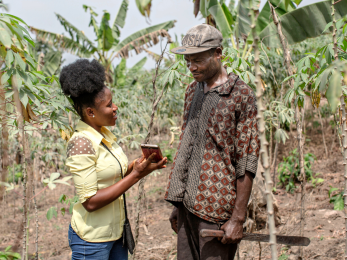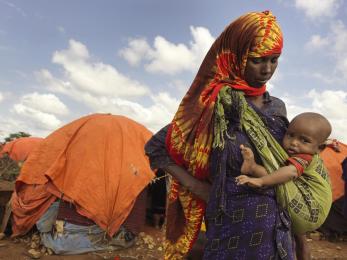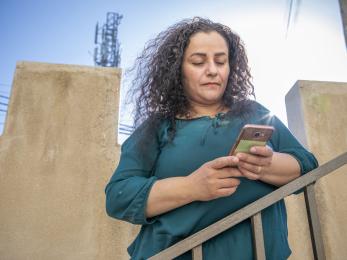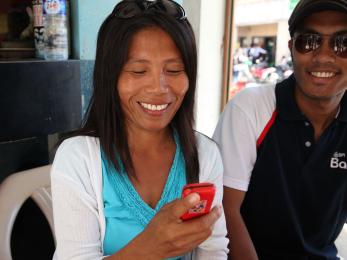Breadcrumb
Financial inclusion

Close to 1.7 billion adults worldwide, or 31 percent, do not have a bank account or access to basic financial services such as quick and easy payments, loans, credit, savings accounts and insurance. While access to financial services alone does not unlock economic growth or overcome poverty, it provides the necessary foundation for people to start and grow a business, save for the future, manage risks and more easily adapt to change.
The number of people with bank accounts is on the rise, though not without inequalities. That’s why Mercy Corps is working to increase access to affordable financial services with a specific focus on rural women, youth and people fleeing violence or war. In doing so, we support stronger, more inclusive economic growth that increases food security and reduces poverty in fragile and rural environments.
-
3.1m
-
1.7b
-
10%
-
$170b
Our programs leverage a range of strategies to deliver appropriate financial products and services depending on people’s unique needs and environment. We help individuals afford, understand and utilize services while simultaneously addressing the rules, regulations and social norms that constrain them in doing so. The end goal is increased income and financial resilience to overcome hardships and transform their lives.
For more technical details on our financial inclusion programs, please download our approach document.
